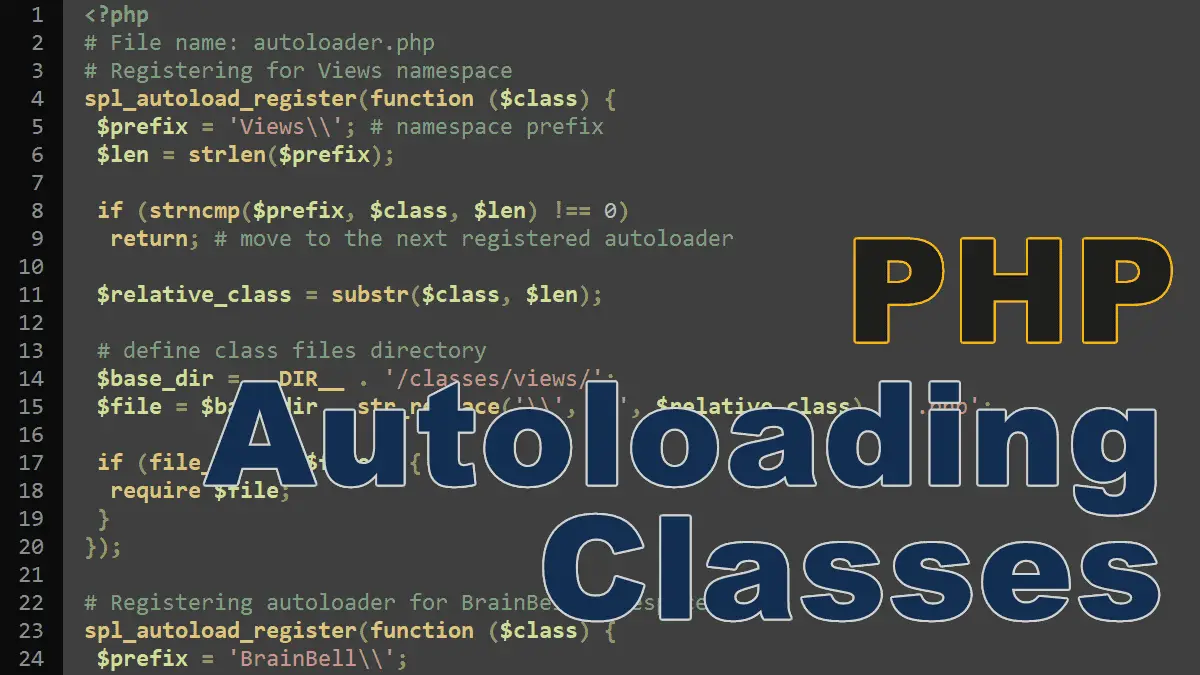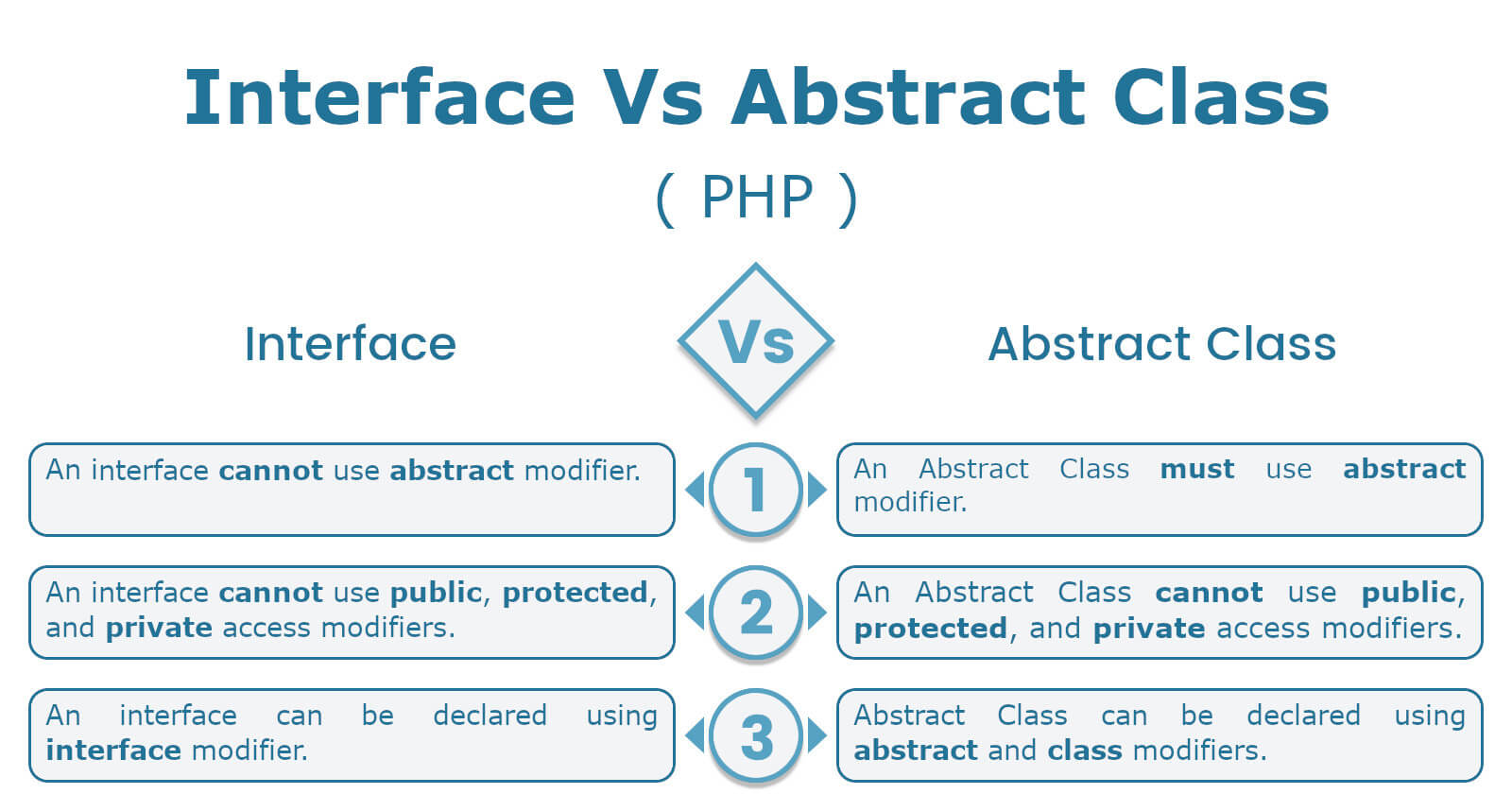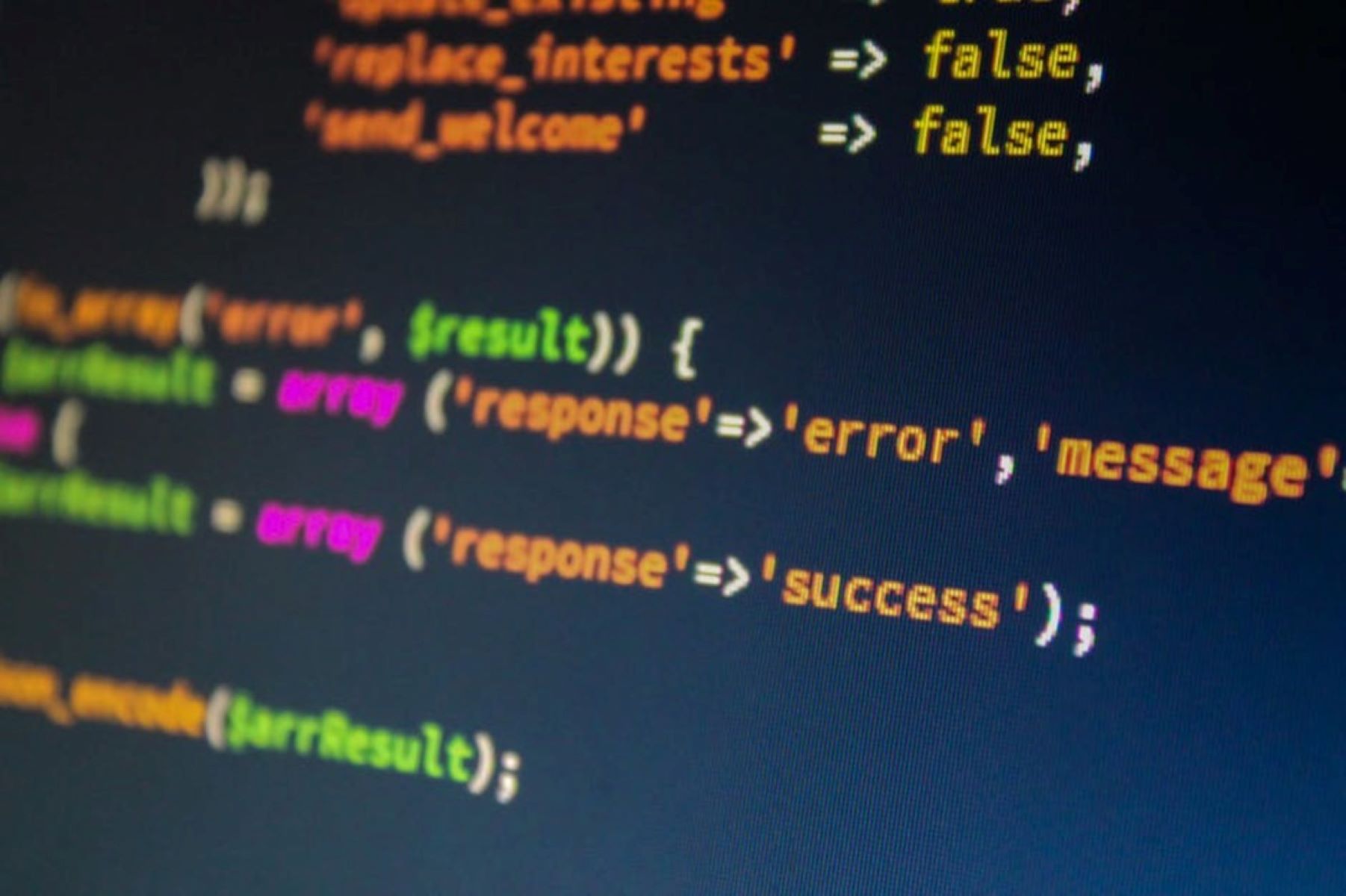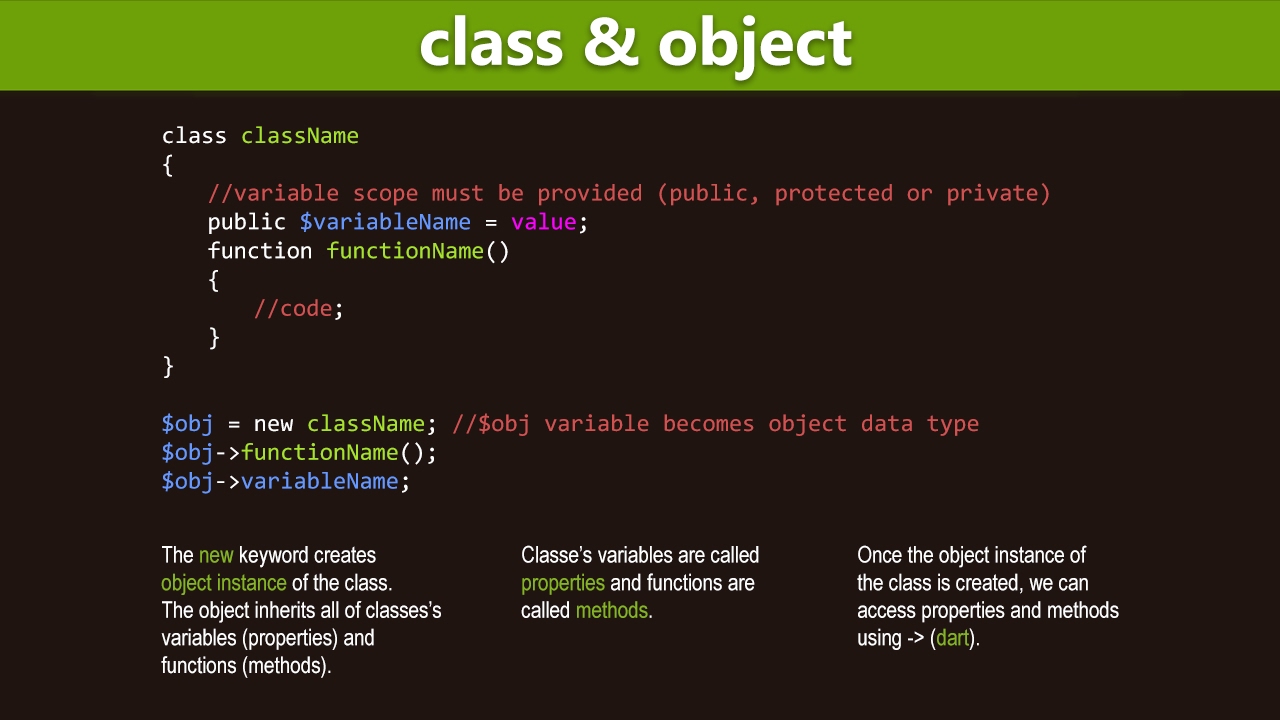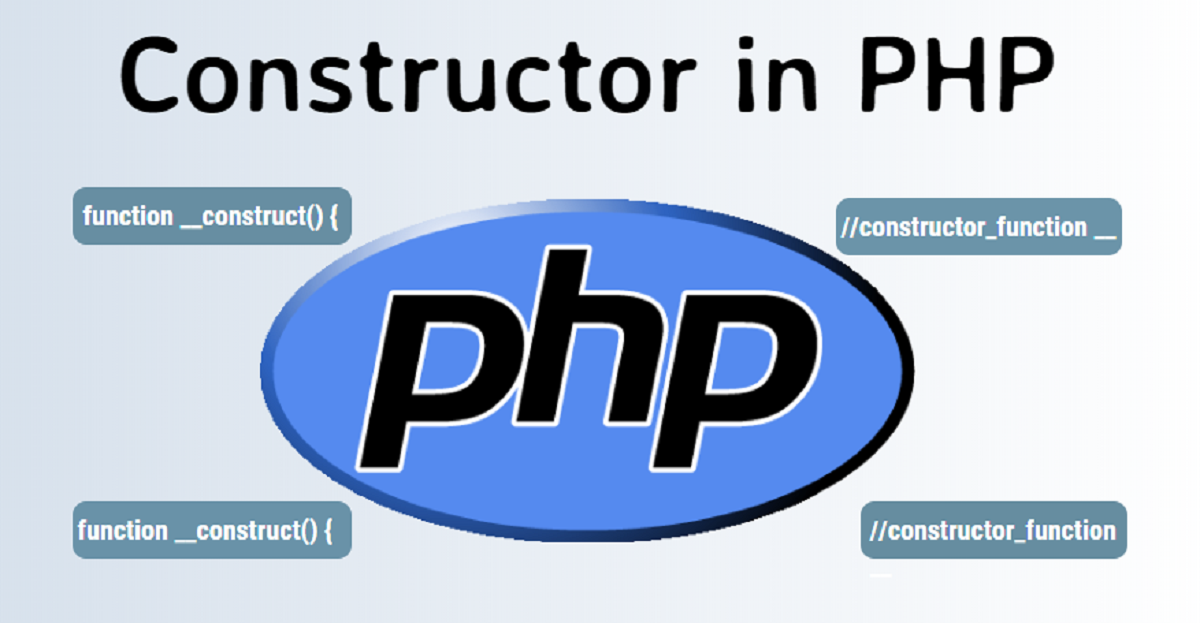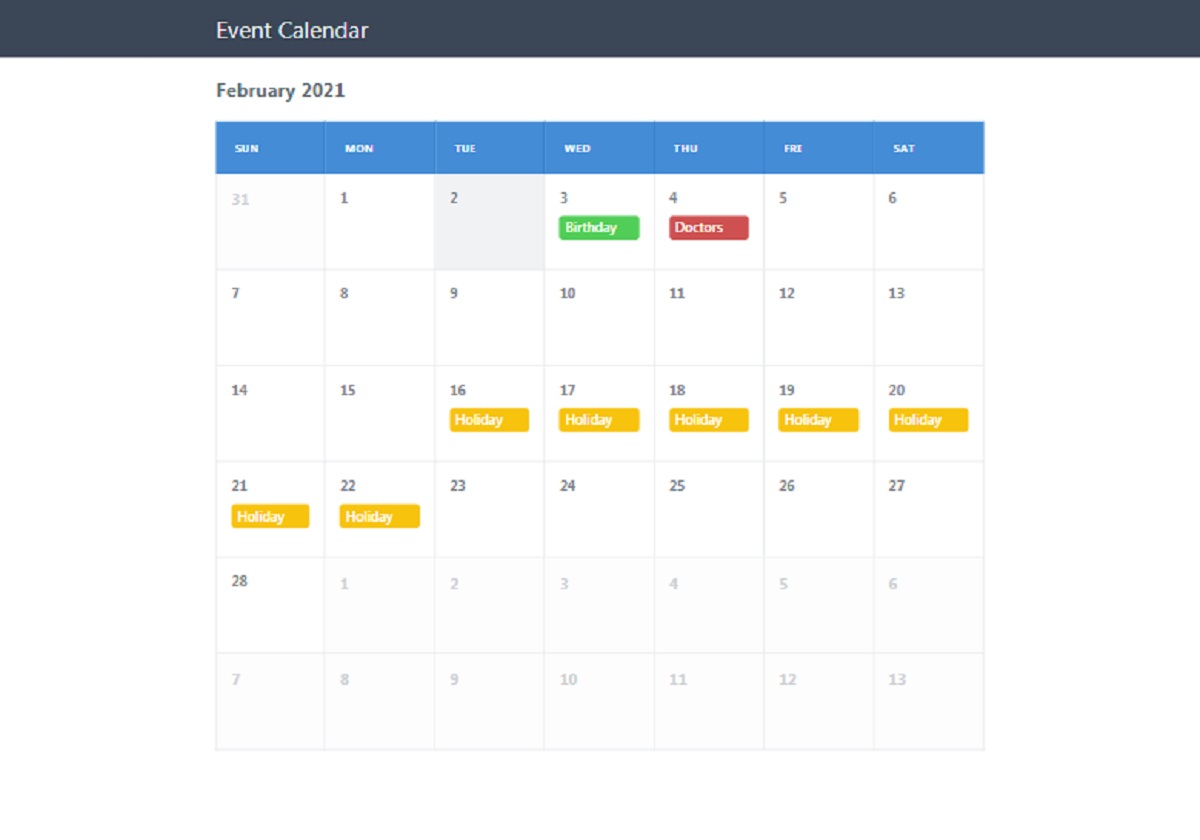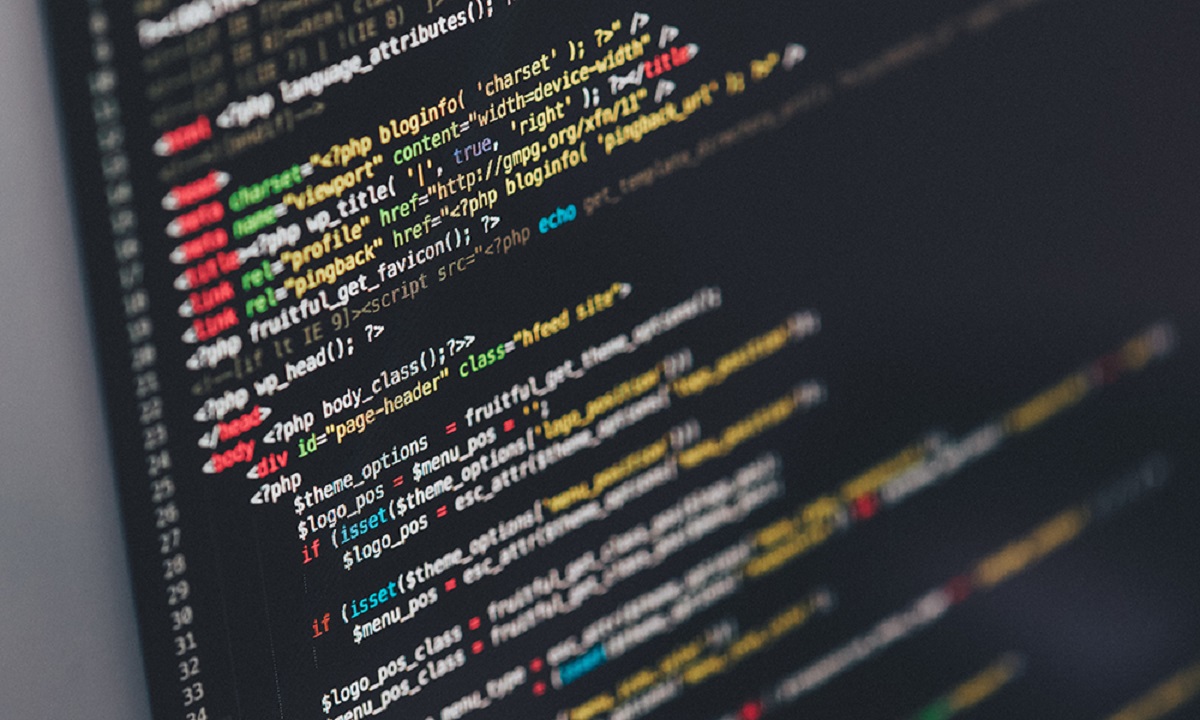Introduction
Welcome to the ever-evolving world of technology! As the digital landscape continues to expand, having a strong foundation in coding has become increasingly important. Coding, in simple terms, is the art of creating instructions for computers to follow. It is the language that powers websites, mobile apps, software applications, and much more.
With the rising demand for skilled professionals in the field of technology, coding classes have become a popular choice for individuals of all ages and backgrounds. Whether you are a student looking to enhance your skills for future employment or a professional seeking to broaden your horizons, coding classes offer immense benefits and opportunities.
In this article, we will explore the definition of coding classes, the advantages they offer, the different types available, how to choose the right one, what to expect during a coding class, and additional resources to further your coding knowledge beyond the classroom.
So, whether you are a complete beginner or have some coding experience, let’s dive in and discover the exciting world of coding classes!
Definition of Coding Classes
Coding classes are structured educational programs that teach individuals the skills and concepts necessary to become proficient in computer programming. These classes are designed to provide a comprehensive understanding of coding languages, algorithms, problem-solving techniques, and software development principles.
Typically, coding classes are offered in a classroom setting, either in-person or online, and are led by experienced instructors with expertise in programming languages such as HTML, CSS, JavaScript, Python, and more. The curriculum of coding classes varies depending on the level of expertise and the specific goals of the program.
In coding classes, students learn the fundamentals of coding and gradually progress to more advanced topics. They are introduced to coding languages and syntax, learn how to write clean and efficient code, and develop the skills to troubleshoot and debug programs. Additionally, coding classes often include hands-on projects and exercises that allow students to apply their knowledge to real-world scenarios.
These classes cater to individuals with varying levels of coding experience. Some classes are specifically designed for beginners who have no prior coding knowledge, while others cater to intermediate and advanced learners looking to enhance their skills in specific programming languages or domains.
Furthermore, coding classes may also offer specialized tracks for different purposes. For example, some classes may focus on web development, teaching students how to build interactive websites using HTML, CSS, and JavaScript. Others may emphasize mobile app development, data science, game development, or even cybersecurity.
Overall, coding classes provide a structured learning environment that allows individuals to acquire the skills necessary to become proficient in coding. Whether you are looking to kickstart a career in programming or simply want to explore the world of coding as a hobby, coding classes offer a solid foundation to build upon.
Benefits of Coding Classes
Participating in coding classes offers a plethora of benefits that extend beyond just learning how to program. Whether you are a student, a professional, or someone looking to enhance your problem-solving and logical thinking skills, coding classes can greatly enrich your personal and professional life. Here are some key advantages of attending coding classes:
- Enhanced Problem-Solving Skills: Coding classes teach you how to break down complex problems into smaller, more manageable tasks. Through coding, you learn to think analytically, logically, and systematically, which enhances your problem-solving skills across various domains.
- Increased Career Opportunities: In today’s digital age, coding skills are in high demand. Whether you aspire to become a software engineer, web developer, data analyst, or even a digital marketer, having a solid foundation in coding can open numerous career opportunities.
- Improved Creativity: Coding is an art that allows you to bring innovative ideas to life. By learning to code, you unleash your creativity and gain the ability to build unique and interactive projects that showcase your individuality.
- Collaboration and Teamwork: Coding classes often involve group projects and coding challenges that encourage collaboration and teamwork. You learn how to communicate effectively, share ideas, and work together with others to solve complex problems.
- Boosted Critical Thinking: Coding demands logical thinking and attention to detail. Through coding classes, you develop critical thinking skills, learn to anticipate issues, and develop effective strategies to overcome challenges.
- Adaptability to Technological Advancements: The world of technology is constantly evolving, and coding classes help you stay ahead of the curve. By keeping up with the latest programming languages and trends, you are better equipped to adapt to new technologies and remain relevant in a rapidly changing industry.
- Transferable Skills: The skills you gain from coding classes, such as logical reasoning, attention to detail, and problem-solving abilities, are transferrable to various other fields and industries. These skills can benefit you in areas beyond programming.
- Personal Growth: Coding classes provide opportunities for personal growth and self-improvement. They challenge you to step out of your comfort zone, learn new concepts, and overcome obstacles, fostering a growth mindset and increasing your confidence.
Whether you pursue coding as a career or a hobby, the benefits of coding classes extend far beyond just acquiring technical skills. They empower you with valuable competencies that have a positive impact on your personal and professional development.
Types of Coding Classes
When it comes to coding classes, there are various types available to cater to individual needs and interests. Depending on your goals, skill level, and learning preferences, you can choose from the following types of coding classes:
- Introductory Coding Classes: These classes are designed for beginners with little to no prior coding experience. They focus on teaching the fundamentals of coding and introduce commonly used programming languages such as Python or JavaScript. Introductory coding classes provide a solid foundation for further learning.
- Language-Specific Coding Classes: These classes are geared towards individuals who want to specialize in a specific programming language. For example, there are coding classes dedicated to HTML and CSS for web development, Java for Android app development, or Swift for iOS app development. Language-specific coding classes delve deeper into a particular language and its applications.
- Advanced Coding Classes: Advanced coding classes are designed for individuals with intermediate to advanced coding skills. These classes cover more complex topics and explore advanced concepts, algorithms, data structures, and software development methodologies. They are ideal for individuals who want to deepen their understanding and expertise in programming.
- Specialized Coding Classes: Some coding classes focus on specific areas or industries. For instance, there are coding classes tailored for game development, data science, machine learning, cybersecurity, or web design. Specialized coding classes allow you to develop specialized skills in a particular domain.
- Online Coding Classes: Online coding classes offer the flexibility of learning from the comfort of your own home. These classes are conducted through virtual platforms and provide pre-recorded video lessons, interactive assignments, and online forums for collaboration and support. Online coding classes are suitable for individuals with busy schedules or limited access to in-person classes.
- Bootcamp-style Coding Classes: Coding bootcamps are intensive, immersive programs designed to teach coding skills in a short period. These classes are often full-time and highly focused, covering a significant amount of material in a condensed timeframe. Bootcamp-style coding classes are popular for individuals looking to quickly gain practical coding skills and transition into a coding career.
- Continuing Education Coding Classes: Continuing education programs, offered by universities or other educational institutions, provide coding classes for individuals looking to upgrade their skills or explore coding as a new area of interest. These classes often offer more structured and comprehensive learning experiences.
Remember, the type of coding class you choose depends on your goals, previous experience, and preferred learning style. Whether you are a beginner looking to start from scratch or an experienced coder seeking to advance your knowledge, there is a coding class out there that suits your needs.
How to Choose the Right Coding Class
With the abundance of coding classes available, it can be overwhelming to choose the right one. However, considering a few key factors can help you make an informed decision. Here are some tips to help you choose the right coding class:
- Determine Your Goals: Clearly define your goals for learning coding. Are you looking to pursue a career in programming or enhance your skills for personal projects? Understanding your objectives will help you narrow down the type of coding class that aligns with your goals.
- Evaluate Your Skill Level: Assess your current coding knowledge and skill level. Are you a beginner with no coding experience or do you have some foundational understanding? Choosing a coding class that matches your skill level ensures that you receive appropriate instruction and avoid feeling overwhelmed or bored.
- Research the Curriculum: Review the curriculum of potential coding classes to ensure that it covers the topics and programming languages you want to learn. Look for a well-structured curriculum that progressively builds on concepts and includes hands-on projects to reinforce your learning.
- Consider Learning Style: Think about your preferred learning style. Do you learn best through interactive activities, practical exercises, videos, or lectures? Find a coding class that incorporates your preferred learning style to maximize your learning experience.
- Check Instructor Qualifications: Look for coding classes led by experienced instructors who have expertise in the programming languages or domains you are interested in. Research their qualifications, teaching experience, and reviews to ensure they can provide quality instruction.
- Check Student Support: Investigate the level of student support provided by the coding class. Is there a support system in place to answer questions and provide guidance? Are there opportunities for collaboration and feedback from instructors and fellow students?
- Consider Class Format and Schedule: Determine whether you prefer an in-person or online coding class. Consider factors such as class duration, frequency, and scheduling options that fit your availability. Choose a class format and schedule that suits your learning preferences and lifestyle.
- Read Reviews and Testimonials: Read reviews and testimonials from previous students to gain insights into the quality of the coding class. Look for feedback on the curriculum, instructor, support system, and overall learning experience.
- Consider Cost and Value: Evaluate the cost of the coding class in relation to the value you will receive. Compare the curriculum, instructor qualifications, student support, and additional resources provided to determine if the investment is worth it.
By considering these factors, you can make an informed decision and choose a coding class that matches your goals, skill level, learning style, and budget. Remember, the right coding class will provide you with a solid foundation and empower you to excel in your coding journey.
What to Expect in a Coding Class
Enrolling in a coding class can be an exciting and enriching experience. While the specifics may vary depending on the type and format of the class, there are certain elements that you can expect to encounter. Here are some things to anticipate when joining a coding class:
- Structured Learning: Coding classes are typically structured to provide a step-by-step progression of knowledge and skills. You can expect a well-designed curriculum that covers the fundamentals of coding, introduces relevant programming languages, and builds upon concepts as you progress.
- Experienced Instructors: Coding classes are led by experienced instructors who are well-versed in programming languages and concepts. These instructors guide you through the learning process, explain complex topics, and provide valuable insights and tips based on their industry experience.
- Hands-on Projects: One of the key aspects of coding classes is the opportunity to apply your knowledge and skills through hands-on projects. These projects allow you to practice coding concepts, solve real-world problems, and build a portfolio of work to showcase your abilities.
- Collaboration and Interaction: Coding classes often foster a collaborative environment that encourages interaction among students. You can expect to collaborate on projects, participate in coding challenges, discuss coding techniques, and receive feedback from both instructors and peers.
- Practical Assignments: In addition to hands-on projects, coding classes typically include practical assignments to reinforce your learning. These assignments may involve coding exercises, quizzes, or coding problems to solve independently, allowing you to apply what you have learned and strengthen your skills.
- Scaffolding of Concepts: As coding classes progress, concepts and skills are built upon in a scaffolded manner. You can expect the class to start with the basics and gradually introduce more advanced concepts, ensuring a solid foundation before diving into complex topics.
- Support and Guidance: Coding classes often provide support and guidance to help you navigate the learning process. This includes access to instructors or teaching assistants who can answer your questions, provide clarifications, and offer guidance when you encounter challenges.
- Continuous Learning and Updates: The field of coding is ever-evolving, and coding classes aim to keep you up to date with the latest trends and technologies. You can expect to learn about new programming languages, tools, frameworks, and industry best practices, ensuring that your skills remain relevant.
- Opportunities for Growth: Coding classes offer opportunities for personal growth and development beyond coding skills. You can expect to strengthen your problem-solving abilities, improve your logical thinking, enhance your attention to detail, and foster a growth mindset as you tackle coding challenges and overcome obstacles.
Overall, a coding class provides a structured and supportive environment for learning coding. It equips you with the knowledge, skills, and confidence to tackle coding projects, collaborate with others, and embark on your coding journey with enthusiasm and proficiency.
Resources for Learning Coding Outside of Classes
While coding classes are a great way to learn programming, there are also numerous resources available for self-study and continuous learning outside of formal classes. These resources can supplement your coding education, help you practice your skills, and further expand your knowledge. Here are some valuable resources for learning coding outside of classes:
- Online Coding Platforms: Websites like Codecademy, Coursera, and Udemy offer a wide range of programming courses and tutorials. These platforms provide interactive coding exercises, video lessons, and quizzes to enhance your coding skills in a self-paced manner.
- Coding Websites and Blogs: Reputable coding websites and blogs such as W3Schools, Mozilla Developer Network (MDN), and Smashing Magazine offer comprehensive tutorials, guides, and articles on various coding languages and web development concepts. These resources can help you deepen your understanding of specific programming topics.
- Open-Source Projects: Exploring open-source projects on platforms like GitHub can provide valuable hands-on experience. You can study the code, analyze different approaches, and contribute to projects, thereby honing your coding skills and collaborating with other developers.
- Community Forums and Q&A Sites: Platforms like Stack Overflow and Reddit’s programming communities allow you to ask questions, seek guidance, and learn from experienced programmers. Participating in these forums not only helps you find answers to coding challenges but also exposes you to different problem-solving approaches and industry insights.
- Programming Books and eBooks: Books and eBooks written by coding experts are timeless resources for learning programming. They provide in-depth explanations, coding examples, and practical insights across a wide range of programming languages and topics.
- YouTube Tutorials and Video Channels: YouTube is a treasure trove of coding tutorials, video courses, and coding channels. Well-established channels such as The Coding Train, Traversy Media, and freeCodeCamp offer engaging and informative video content to help you learn coding visually.
- Online Coding Challenges: Platforms like HackerRank and LeetCode provide coding challenges and puzzles to test and strengthen your coding skills. These challenges simulate real-world coding scenarios and offer a chance to improve problem-solving abilities.
- Online Coding Communities: Joining online coding communities, such as CodePen, Dev.to, or Hashnode, allows you to connect with like-minded individuals, showcase your projects, gain feedback, and learn from others. These communities provide opportunities for networking and continuous learning.
- Documentation and Official Websites: Always refer to official documentation and websites for programming languages, frameworks, and tools. For example, the official Python documentation, or the Angular or React documentation, offer comprehensive resources to understand language syntax, usage, and best practices.
Remember, while self-learning resources can be incredibly useful, it’s important to maintain a structured learning approach and set specific goals for what you want to achieve. Continuously explore these resources, engage with the coding community, and keep practicing to improve your coding skills and stay up to date with the latest trends in the ever-evolving world of coding.
Conclusion
Coding classes provide a valuable opportunity to learn and master the art of programming. From understanding the basics to diving into more complex concepts, these classes offer a structured and supportive learning environment for individuals of all skill levels.
In this article, we explored the definition of coding classes and why they are such a popular choice in today’s digital era. We discussed the numerous benefits of attending coding classes, including enhanced problem-solving skills, increased career opportunities, improved creativity, and much more.
We also delved into the different types of coding classes available, catering to various interests and skill levels. Whether you opt for an introductory class, language-specific class, advanced class, or specialized class, there is undoubtedly an option that aligns with your goals.
Choosing the right coding class is crucial for a successful learning experience. We provided tips on how to select the ideal class based on your goals, skill level, learning style, and schedule. Taking these factors into consideration ensures that you find a class that suits your needs perfectly.
Furthermore, we discussed what you can expect in a coding class, including structured learning, experienced instructors, hands-on projects, collaboration, practical assignments, and continuous learning. These elements contribute to a comprehensive and rewarding learning journey.
Lastly, we highlighted the various resources available for learning coding outside of classes. From online platforms and coding websites to community forums and coding challenges, these resources complement your formal education and enable you to continue expanding your coding knowledge and skills.
In conclusion, coding classes play a vital role in equipping individuals with the necessary skills to thrive in the digital world. Whether you are looking to pursue a coding career or simply want to enhance your problem-solving abilities, coding classes provide a structured path for you to achieve your goals and unlock your full potential.









